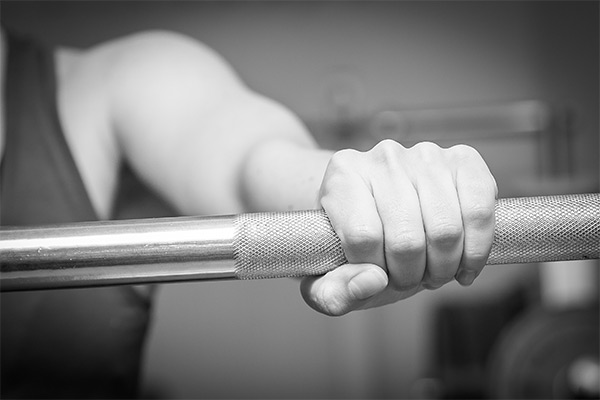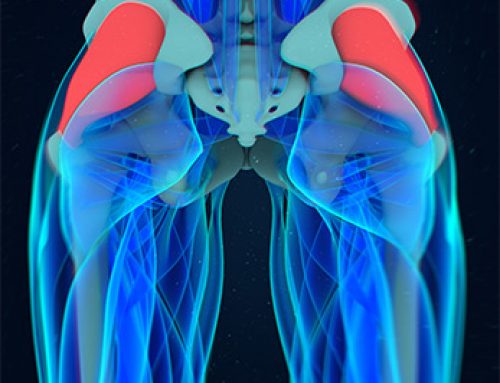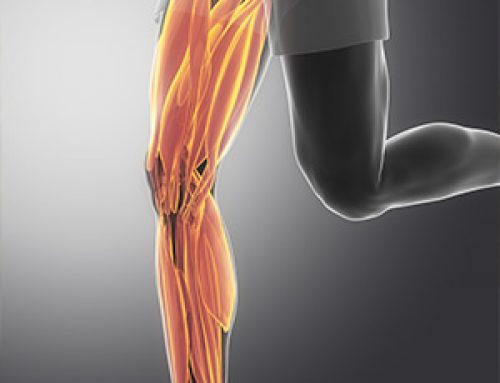 For decades strengthening or resistance training was associated with the fitness industry more than to medicine and general health. Perhaps the stereotypes of “the perfect body” from the professional athletes’ or bodybuilding’s world ended up putting a big part of society away from “lifting weights”. Perhaps it was considered that this would be “something for young people” or for someone who “only wants to look good”.
For decades strengthening or resistance training was associated with the fitness industry more than to medicine and general health. Perhaps the stereotypes of “the perfect body” from the professional athletes’ or bodybuilding’s world ended up putting a big part of society away from “lifting weights”. Perhaps it was considered that this would be “something for young people” or for someone who “only wants to look good”.
The truth is that during the last 30 years a strong body of scientific evidence has been supporting strengthening training as a method of health care. Lifting weights is not only an efficient and preventive method against chronic diseases such as osteoporosis, diabetes and musculo-skeletal conditions, but also it is a strong protective factor against the effects of ageing.
One of the aggressive effects of ageing is muscle loss (sarcopenia), an increase of fat percentage and imbalance in essential hormonal levels that preserve our muscles. But why should we care so much about muscles? Well, muscles are considered by some experts organs, like your liver or your lungs. This concept is based on the fact that muscles are extremely complex and important in several aspects of our health.
Muscles process energy, therefore they are vital in maintaining our energy consumption balance. They are also responsible for moving our body in space, and they are extremely sensitive to changes in our hormonal system. In addition, muscles work closely with our central nervous system, therefore using them appropriately can help to maintain an adequate equilibrium between the neural and hormonal system.
Two of the most important hormones that are involved in our “musculo-neural-hormonal” health are testosterone and cortisol. Testosterone is a hormone that is responsible for maintaining our muscular health, in men and women. If those levels are normal, our muscles are healthy, therefore, they can positively contribute to our neural hormonal balance. On the other hand, cortisol is the hormone that increases our level of emotional and physiological stress, and it has detrimental effects on our central nervous system and its motor and cognitive functions. In simple terms, if our levels of testosterone are above our levels of cortisol, we are maintaining a healthy neuro-hormonal balance.
A comprehensive study published in 2018 in the Journal of Australian Strength and Conditioning Association shows important information in regards to training and immediate hormonal effects. It was found that after doing heavy repetitions of squats or bench press at 90% of a person’s capacity, the levels of testosterone increased and the cortisol levels decreased, literally after finishing the exercise set.
The importance of keeping this testosterone/cortisol ratio steady lies in that those two hormones are essential to either make our muscles strong and our neural system resilient or not. So, if we can obtain such a marvellous effect in only one set of exercises at the right intensity, why should we be scared of lifting weights?
The truth is that everyone can get stronger than before and there is always a method or alternative to lifting weights safely. Certainly, there are some musculo-skeletal conditions that make it more challenging to go through this type of training, but with the right exercise prescription and supervision, the benefits can clearly outweigh the potential drawbacks.
I invite you to try our Strengthening and Conditioning Program, which is available for any age and any level of performance. We will help you to get stronger than before, more resilient and healthy. Remember, be strong be healthy.
Luis Fernandez Astudillo
Senior Physiotherapist at AIM Physiotherapy
Strengthening and Conditioning Coach ASCA
Physiotherapist of the Olympic Team of Chile – Rio 2016



